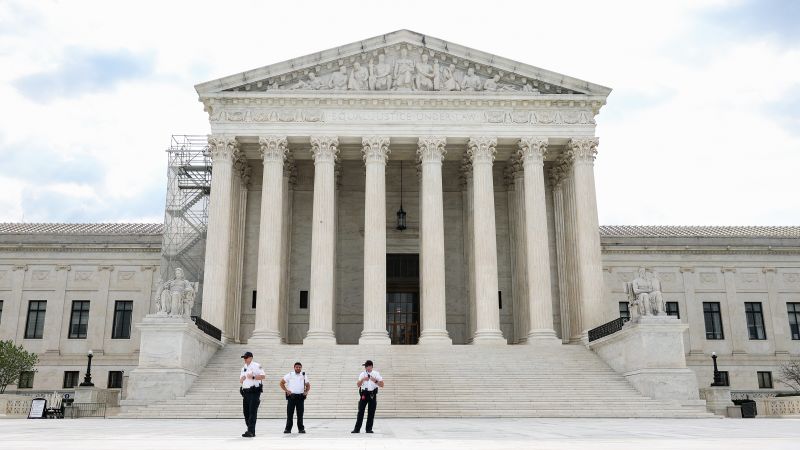Starbucks and the National Labor Relations Board are set to face off in a Supreme Court case, where major employers are questioning the NLRB’s powers and right to exist under the labor-friendly Biden administration. The NLRB has been overseeing increased organizing and strike activities by unions, leading companies to complain about the agency’s alleged abuse of power and support for activist unions causing them difficulties. The Supreme Court case involves the NLRB’s ability to immediately rehire employees wrongfully terminated for union activity, such as the “Memphis 7” fired by Starbucks in 2022.
Starbucks argues that the NLRB’s powers are inconsistently applied across the country, with lower courts using a more lenient standard resulting in preliminary actions against employers like reinstating fired employees. The company believes it is standing up for all employers subject to NLRB requests in federal courts and that current practices need to be reevaluated. However, the NLRB contends that immediate action through federal court injunctions is necessary to protect workers terminated for union activity, ensuring violative conduct is halted and the workplace status quo is restored while administrative processes proceed.
The National Labor Relations Board maintains that injunctive relief is crucial to enforce federal labor law and protect workers’ statutory rights, preventing lawbreakers from benefiting by violating workers’ rights and hindering organizing drives. The labor law gives limited relief to illegally fired workers supporting unions, with employers potentially offering back pay minus interim job earnings without additional penalties or fines. The weak remedies against employers are seen as an invitation to violate the law, as stated by a former NLRB attorney and union lawyer with concerns about the system’s effectiveness.
While this Supreme Court case is the first to challenge the NLRB’s powers, other high-profile employers like SpaceX, Amazon, and Trader Joe’s are also questioning the agency’s right to exist or its constitutionality. SpaceX has filed federal lawsuits challenging the NLRB after complaints from former employees, while other cases are still before the agency’s administrative law judges. Legal experts, such as Cathy Creighton, express concern over the Supreme Court’s conservative majority potentially ruling against the NLRB and the implications it could have on the agency’s future.
The constitutionality of the NLRB was established by the Supreme Court in 1937, shortly after its creation during the New Deal era. Current challenges from employers seeking to dismantle the NLRB raise fears among labor advocates and legal experts, especially with the current composition of the Supreme Court and its previous rulings on union-related cases. The outcomes of these legal battles, including the pending Supreme Court decision and the ongoing cases against the NLRB by major employers, will have significant implications for the agency’s future and workers’ rights in the United States.













